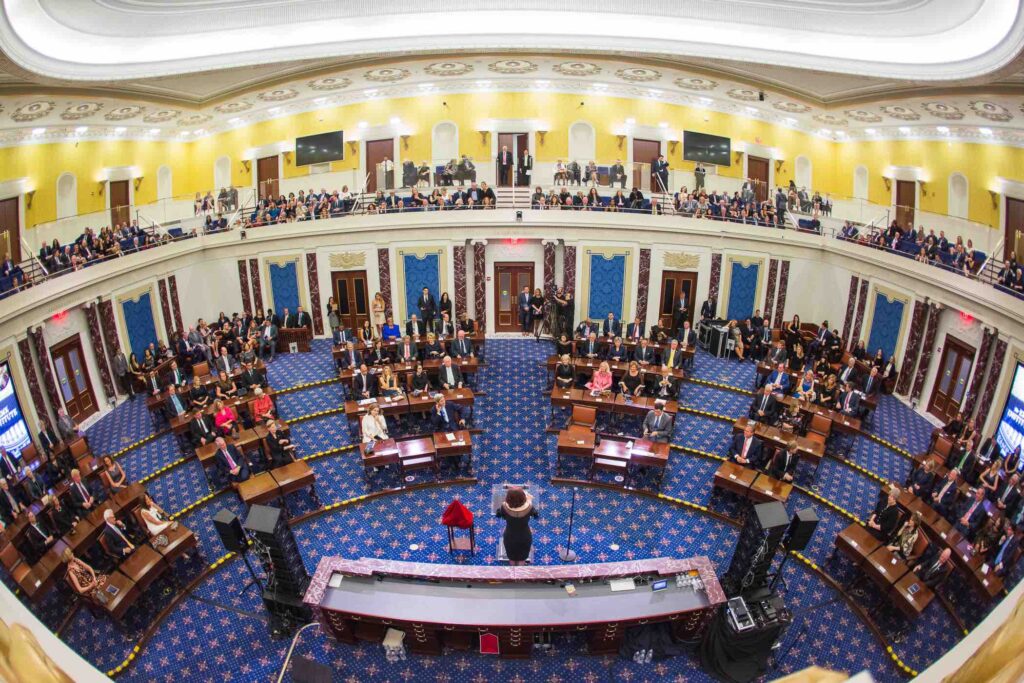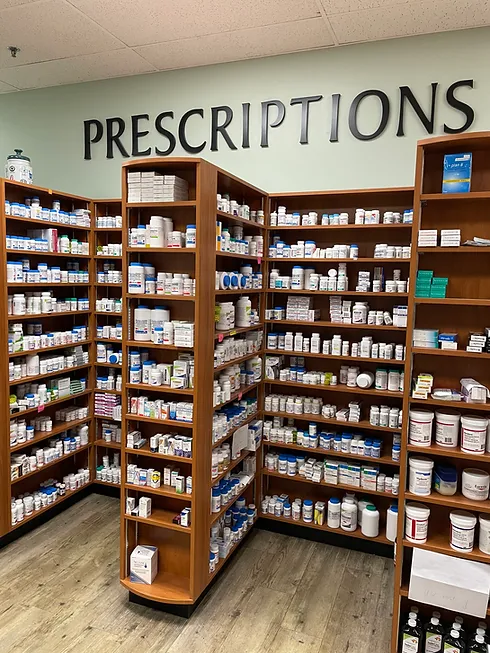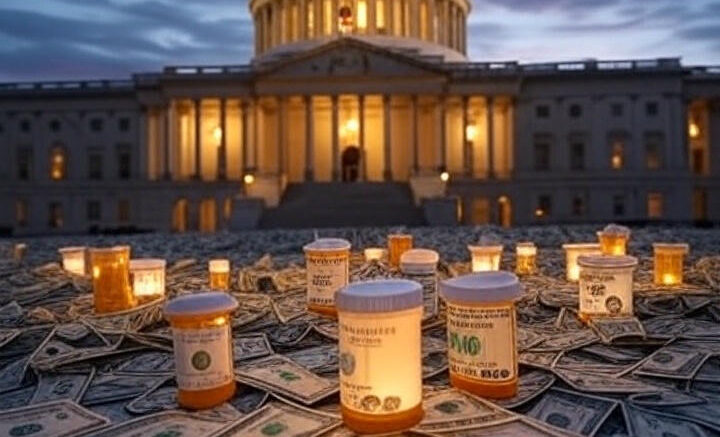Introduction: The Influence of Pharmaceutical Dollars
As President Donald Trump pushes to lower prescription drug costs for Americans, a troubling reality emerges: many U.S. Senators, tasked with representing the public’s interests, have received substantial contributions from the pharmaceutical industry. These financial ties, spanning from 1990 to 2024, raise serious questions about potential conflicts of interest. With Big Pharma being just one of many special interest groups funneling money into Congress, the American people may not always come first. This article examines the 20 current U.S. Senators who have received over $500,000 in pharmaceutical contributions, highlighting the depth of influence and its implications for drug price reform.
Senators with Significant Pharmaceutical Contributions
According to data circulating on platforms like X, 81 of the 100 current U.S. Senators have received pharmaceutical contributions between 1990 and 2024. Of these, 20 have accepted over $500,000, signaling deep ties to an industry that could resist Trump’s cost-lowering initiatives.

The Senate $500,000-plus club includes:
- Tammy Baldwin (D-WI): $600,000
- Michael Bennet (D-CO): $1,500,000
- Marsha Blackburn (R-TN): $600,000
- Bill Cassidy (R-LA): $600,000
- Susan Collins (R-ME): $700,000
- John Cornyn (R-TX): $900,000
- Mike Crapo (R-ID): $600,000
- Dick Durbin (D-IL): $1,000,000
- Kirsten Gillibrand (D-NY): $800,000
- Lindsey Graham (R-SC): $500,000
- Tim Kaine (D-VA): $600,000
- Amy Klobuchar (D-MN): $700,000
- Mitch McConnell (R-KY): $2,020,462
- Patty Murray (D-WA): $1,000,000
- Bernie Sanders (I-VT): $1,918,361
- Chuck Schumer (D-NY): $1,500,000
- Kyrsten Sinema (I-AZ): $556,000
- Mark Warner (D-VA): $600,000
- Elizabeth Warren (D-MA): $822,573
- Ron Wyden (D-OR): $1,500,000
These figures, sourced from OpenSecrets.org, reflect contributions from pharmaceutical PACs and individuals, often tied to companies like Pfizer and Amgen. Notably, senators like McConnell and Schumer, key legislative leaders, hold some of the highest totals, amplifying concerns about impartiality.
A Broader Landscape of Special Interest Influence
The pharmaceutical industry is just one player in a vast ecosystem of special interest groups. Data from OpenSecrets shows that industries like finance, insurance, and energy also pour millions into congressional campaigns, potentially dwarfing Big Pharma’s contributions. In the 2023-2024 cycle, pharmaceutical PACs gave $16 million to federal candidates, but the broader health sector contributed even more. If 81 of 100 senators have ties to just one industry, how much more money flows from others? This raises a critical question: are lawmakers prioritizing corporate interests over the American people’s need for affordable healthcare?

Conflict of Interest in Drug Price Reform
Trump’s determination to lower drug prices faces resistance from a Congress heavily funded by the very industry he aims to regulate. Senators like McConnell ($2,020,462) and Sanders ($1,918,361) highlight the bipartisan nature of these contributions, complicating reform efforts. While Sanders advocates for price caps, his high totals suggest even reform-minded senators aren’t immune to industry influence. The American public, grappling with soaring drug costs, deserves transparency on how these financial ties shape policy. With 81 senators linked to Big Pharma, the deck seems stacked against meaningful change. The Politics Brief: RFK Jr.
Summary: A Call for Transparency
The $500,000-plus club of 20 senators underscores a systemic issue: special interest money, led by Big Pharma, permeates Congress. As Trump battles to reduce drug costs, these contributions highlight potential conflicts that could prioritize corporate profits over public welfare. The American people deserve lawmakers who put their interests first, not those swayed by a mountain of special interest cash.






